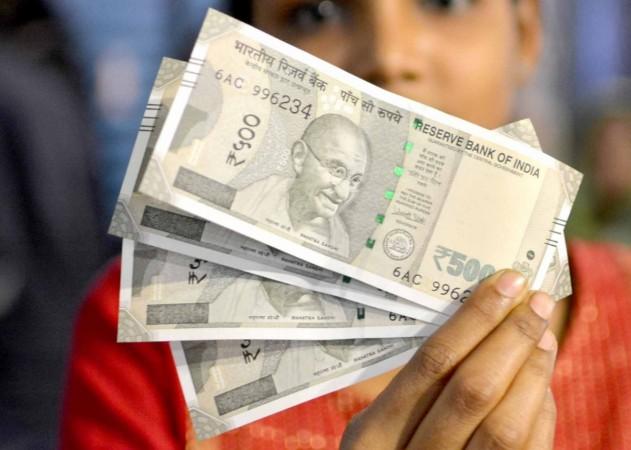
Expectations ride high even as Union Budget 2018 is slated to be presented on February 1. All taxpayer segments are looking up to the finance minister to announce a more favourable tax regime in this year's budget. The hopes of those who pay personal income tax, especially the salaried class, hinge around a slew of measures that may attract the finance minister's attention.
The taxpayers have urged the government to increase the tax exemption limit, which will increase the disposable income in the hands of people. This will lead to greater demand for goods and services and will accelerate economic growth.
What do middle class and salaried people expect from Union Budget 2018?
The last budget of the current NDA government should consider offering higher personal tax rebates/deductions, say Deloitte Personal tax survey. The survey captures the views of 697 mid-level managers and attempts to gauge the mood of the taxpayers ahead of the budget.
From an increase in tax-free meals to more deductions in education expenses, the taxpayers want more discounts and rebates. Read the key findings of the Deloitte survey here:
1. Increase in basic exemption limit
Considering the steep rise in cost of living due to inflation, the increase in the basic exemption limit will benefit the lower income group, boost savings/investments and lead to increased tax compliance.
As of now, people under 60 earning up to Rs 2.5 lakh per annum are exempted from paying income tax. The respondents in the Deloitte survey are in favour of increasing this limit to at least Rs 3 lakh.
2. Increase in 80C limit to 2.5 lakh
Salaried employees are keen to see an increase in the limit for deduction under Section 80C towards certain payments and investments. As many as 80 percent of the respondents want the investment limit under section 80C to be increased to Rs 2.5 lakh from the current Rs 1.5 lakh. Investments like PPF, NPS, NSC, Fixed Deposits, Sukanya Samriddhi, SCSS etc qualify for tax benefits under Sec 80C
3. Increase in education allowance
Tax payers want the government to make educational expense more affordable to the middle-income groups. With the increasing cost of education, the majority of the respondents want an additional deduction to be introduced towards the expenses incurred for the education of children (up to two children) with a minimum limit of Rs 5,000 per month per child.
4. Change in tax year
As many as 84 percent the respondents believe that the Indian tax year should be changed from financial year (April-March) to the calendar year (January-December) to bring about ease in compliance and in line with global standards.
5. Call for more tax rebates
In an attempt to incentivise savings and to reduce the tax burden on the middle class, the government should consider offering further tax rebates in the Budget 2018-19. A reasonable reduction in the existing personal tax rates would bring cheer to the taxpayers, especially in the wake of rising inflation, and reduce purchasing power, says the Deloitte Personal tax survey 2018.
6. Increase tax-free limit for medical expenses
The taxpayers want the government to be more generous towards health care needs. The tax-free limit for medical expenses, currently Rs 15,000 annually, was considered inadequate by all respondents. People want an increase to the range of Rs 30,000-Rs 40,000.
7. Increase in tax-free meal limits
The survey found that all managers want the free meal limit to be increased to the range of Rs 100 to Rs 200 per meal. At present any free meal that is provided by the employer to the employee is taxable if the value exceeds Rs 50 per meal.
8. Tax rebates on home loans
The government should offer further tax rebates on home loans in order to fulfill its dream of 'Housing for All' by 2022 and to give a leg-up to the ailing realty sector. In case of self-occupied property, deduction of interest on housing loan should be extended to at least Rs 350,000 from the prevailing amount of Rs 200,000.
If an individual owns more than one house property, only one can be considered to be self-occupied. If the other properties are vacant, a notional rent is offered as tax. Taxability of deemed income for a vacant house property seems unfair as there is no 'real income' earned and should be done away with.
9. Discount in rent
According to the survey, 58 percent of the respondents said that the concept of taxability of deemed rent on vacant properties should be discontinued.









!['Had denied Housefull franchise as they wanted me to wear a bikini': Tia Bajpai on turning down bold scripts [Exclusive]](https://data1.ibtimes.co.in/en/full/806605/had-denied-housefull-franchise-they-wanted-me-wear-bikini-tia-bajpai-turning-down-bold.png?w=220&h=138)



